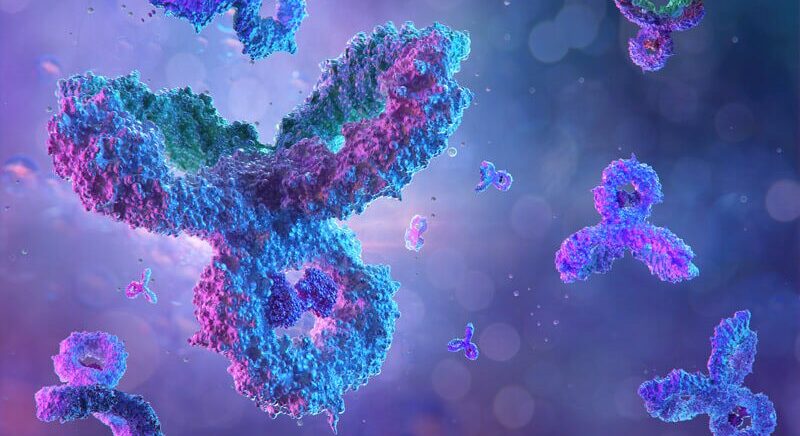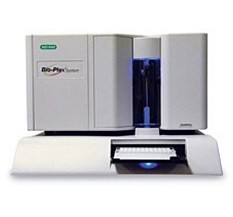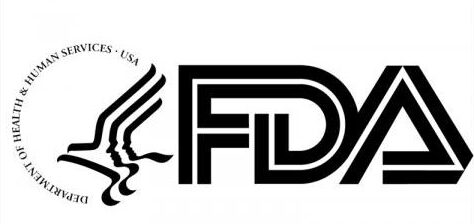ADA Testing

What is ADA?

Our Platforms for ADA Testing

Our Experience on ADA Testing

Regulatory Guidance
What is ADA?

ADA describes the immune response triggered by the therapeutic compound or its delivery vehicle in the body. The biologics immune system marks external therapeutics as foreign invaders and initiates a subsequent reaction such as generation of antibodies to remove or production of specific enzyme to destroy, which can impact the efficacy and safety of the biological drug. Thus, it is important for immunogenicity testing to measure any adverse immune response from biologics generated by external therapeutic biomolecules, typically measuring the induce anti-drug antibodies (ADA). Comprehensive understanding of data of anti-drug antibody, including its incidence, kinetics and magnitude, as well as its neutralizing ability, cross-reactivity with endogenous molecules or other marketed biologic drugs, and the related clinical impact, will strongly enhance clinical management of patients treated with biologic drugs.
Our Platforms for ADA Testing
More analytical technologies with high accuracy and sensitivity can be used in large molecules, biological therapeutics and ligand binding assay. We will provide solution to help you find the best analytical platform not only for your project in early or late stage of drug discovery but also in the preclinical and clinical phase. The followed platforms listed below have been successfully proven to evaluate immunogenicity behavior of candidates drug.

MESO SECTOR

Bio-Plex Liquid Array Multiplexing System

xMark™ Microplate Absorbance Spectrophotometer

Gyrolab
Our Experience on ADA Testing

We have a strong scientist team with deep expertise with anti-drug antibody (ADA) assays (screening, confirmation and titration), from preclinical to late phase study evaluation and regulatory filing. Above 70% of the scientist in our team hold a Ph.D degree in Biology, Chemistry, or relate field, with more than 5 years’ experience in designing, optimizing, and validating ADA assays. The development of immunogenicity assay is challenge as complex matrices can create considerable interference and cause inaccuracies. Our scientists, with assistance of machine learning (AI), are able to formulate case specific (for example, drug- and disease-specific aspects) strategies to provide highly sensitive, selective and robust methods with reduced interference in immunogenicity testing.
Regulatory Guidance

Bioanalytical Method Validation

Biomarker Qualification – Evidentiary Framework

Bispecific Antibody Development Programs

FDA BMV Guidance, ICH M10 BMV Guideline and Regulatory Inputs

